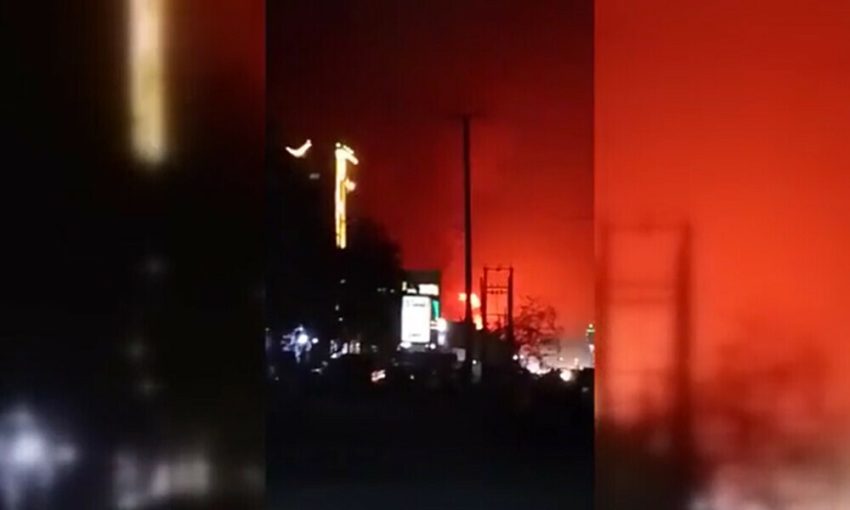LAHORE – At least eight Pakistanis were martyred and 33 were injured after India launched missile attacks on five locations within Pakistan late Tuesday, according to Lt. Gen. Ahmed Sharif Chaudhry, the Director General of Inter-Services Public Relations (DG ISPR).
The ISPR spokesperson said that the missiles were fired at the cities of Bahawalpur, Kotli, and Muzaffarabad. State-run PTV News stated that Pakistani forces were delivering “a befitting reply” to the Indian aggression.
“According to initial reports, the Pakistan Air Force has shot down two enemy aircraft. All Pakistani Air Force aircraft are safe, and the armed forces are responding appropriately to the enemy’s actions,” PTV reported.
“We will retaliate at a time of our choosing,” the military spokesperson said earlier. He added that the Pakistan Air Force (PAF) jets had been deployed, and Indian fighter jets were not permitted to violate Pakistan’s airspace.
He said that Masjid SubhanAllah, located near Ahmedpur Sharqia, was attacked. The Director General of the Inter-Services Public Relations (DG ISPR) confirmed that at least three people were killed and 12 others were injured in the incident.
Tensions between Pakistan and India sharply escalated following a deadly attack on April 22 in Pahalgam, Occupied Kashmir, which claimed the lives of 26 people, most of whom were tourists. India attributed the assault to cross-border elements but did not provide any evidence, a claim that Pakistan categorically rejected, instead calling for an independent investigation.
In the days that followed, both countries entered a state of heightened alert. Pakistan increased its military presence along the border in anticipation of a possible incursion. Meanwhile, Indian leadership granted its armed forces “operational freedom,” raising concerns of further escalation.
Despite diplomatic efforts to mitigate the situation, tensions remained high. Pakistan’s military warned of a “swift” response to any aggression. In response, New Delhi indicated that it would not hesitate to act against what it described as terror threats originating from across the border.













